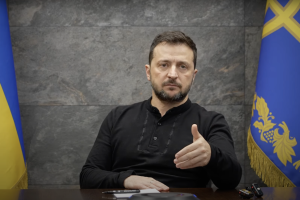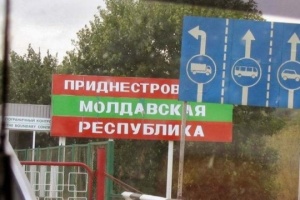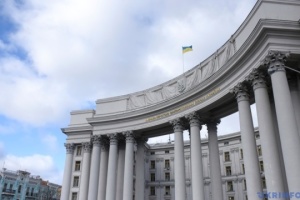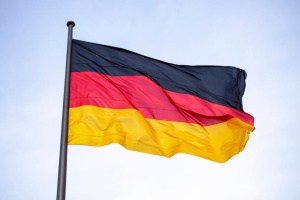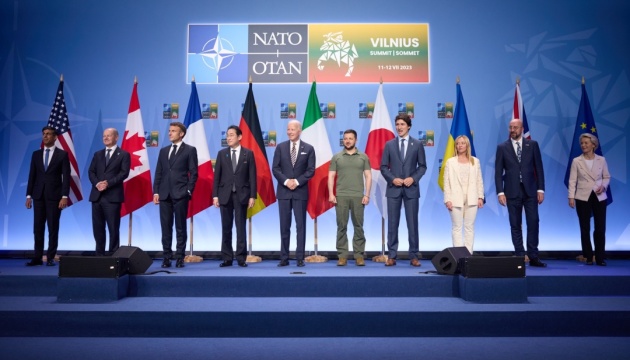
Summit with sequel
"NATO's doors are open to Ukraine" - these words have been repeatedly said by NATO Secretary General Jens Stoltenberg and the leaders of the countries that are members of the most powerful defense and political organization in the world. However, our country will be able to approach these doors only after the war with Russia is over. The Russian Federation was invisibly present in the Lithuanian capital, although all NATO officials have denied and continue to deny its influence on the decision-making. However, the prime ministers and presidents of NATO member states could not ignore the fact of the largest Russian-Ukrainian war in the world in the twenty-first century, otherwise they would have become targets for devastating criticism of their opponents.
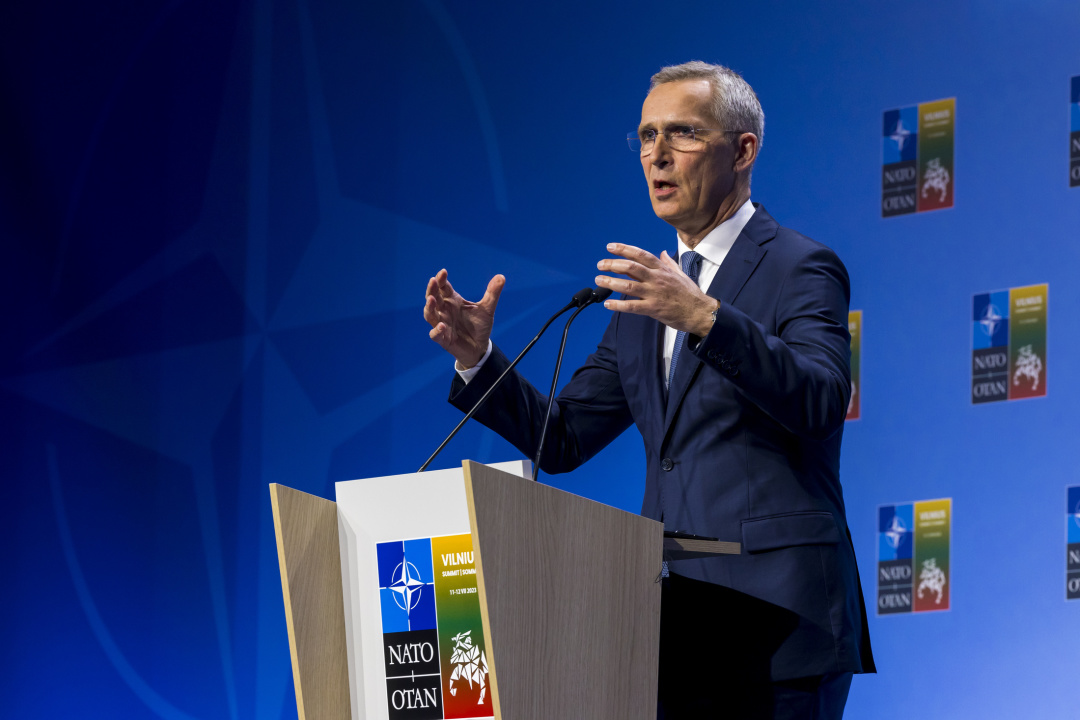
NATO has used a series of hybrid steps to assist Ukraine and secure its own interests. In particular, under the guise of information activity around the discussion of Ukraine's Euro-Atlantic integration, the Alliance resolved the issue of its own expansion at the expense of Sweden: Recep Erdogan withdrew his own reservations, and by the end of the year, the Scandinavian country with a powerful defense industry, as befits a true neutral in the past, will receive its flag on the mast in front of the Alliance headquarters. An extended partnership agreement was signed with Japan, which can be called a proactive step in countering China's expansion in the Asia-Pacific region.
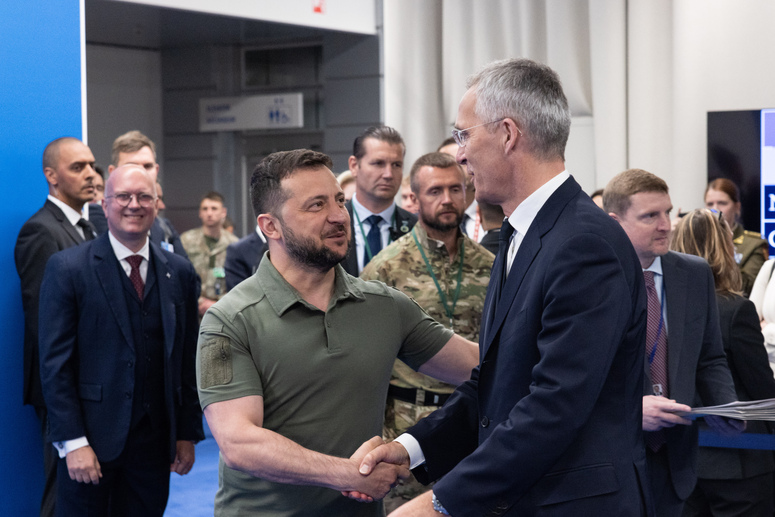
Japan was not absent from the most important document for Ukraine, which was made public in Vilnius. It is the "Declaration of the Group of Seven in Support of Ukraine," which defined the principles of cooperation between the world's leading democracies and Ukraine. The six powerful NATO countries and Japan are ready to provide Ukraine with military, technical, and financial assistance, train military personnel, and share intelligence in exchange for Ukraine's implementation of reforms, without which it is difficult to see itself as a member of NATO. The Washington Summit of the Alliance, which will not only mark its 75th anniversary, but will also take place on the eve of the US presidential election, may become a checkpoint for the implementation of this declaration.
During the NATO summit, the Polish Sejm unanimously adopted a resolution to honor the victims of the Volyn tragedy, which calls for Ukraine's apology for war crimes committed 80 years ago. The document was supported unanimously, and this is indicative of the mood in Polish society. The presence in Warsaw of Verkhovna Rada Speaker Ruslan Stefanchuk demonstrated Ukraine's readiness for dialogue, but could not change the situation. Prime Minister Mateusz Morawiecki, who will lead the list of the ruling Law and Justice party, emphasized that Poles will not rest until the last victim of the Volyn tragedy is buried according to Christian customs.
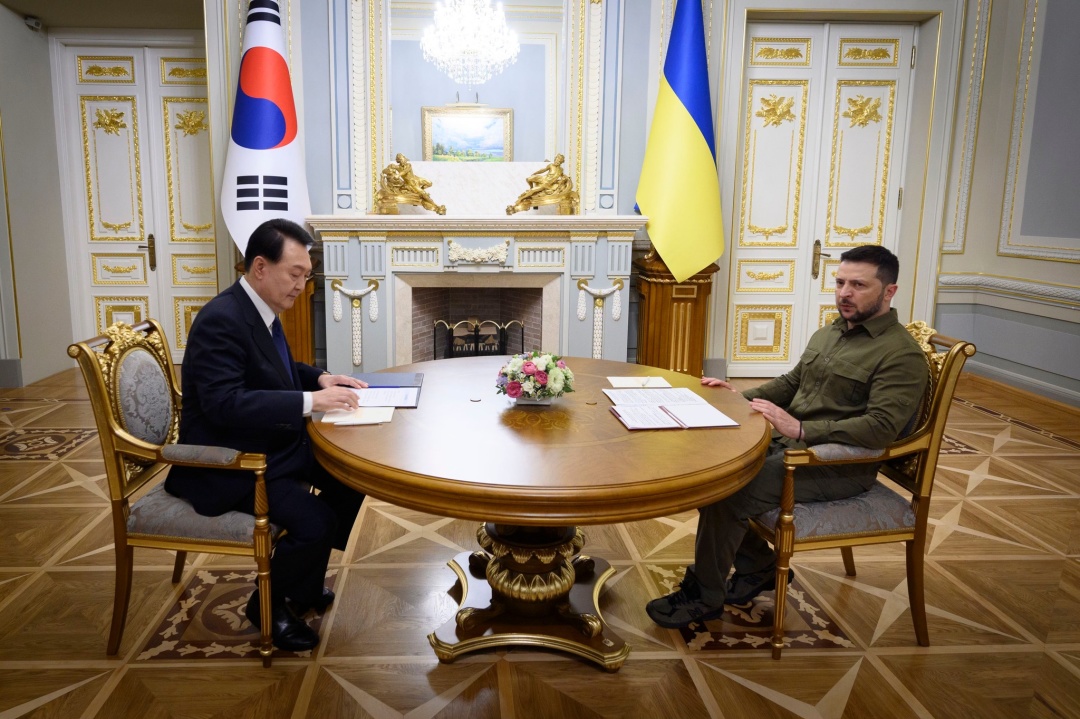
The unannounced visit to Kyiv by the South Korean president, who visited Ukraine on his way back from the NATO Summit in Vilnius, is very telling. Yoon Suk Yeol held talks with Volodymyr Zelensky and visited the sites of racist crimes in the Kyiv suburbs. It is worth remembering that South Korea not only lives with the "38th parallel syndrome" that divided one nation into two parts, but also has a powerful defense industry whose products could strengthen the capabilities of the Armed Forces of Ukraine. On the other hand, Ukrainian grain could be used to provide humanitarian aid to North Koreans who regularly suffer from hunger.
Yevhen MAHDA, Institute of World Policy
The first photo: AP

